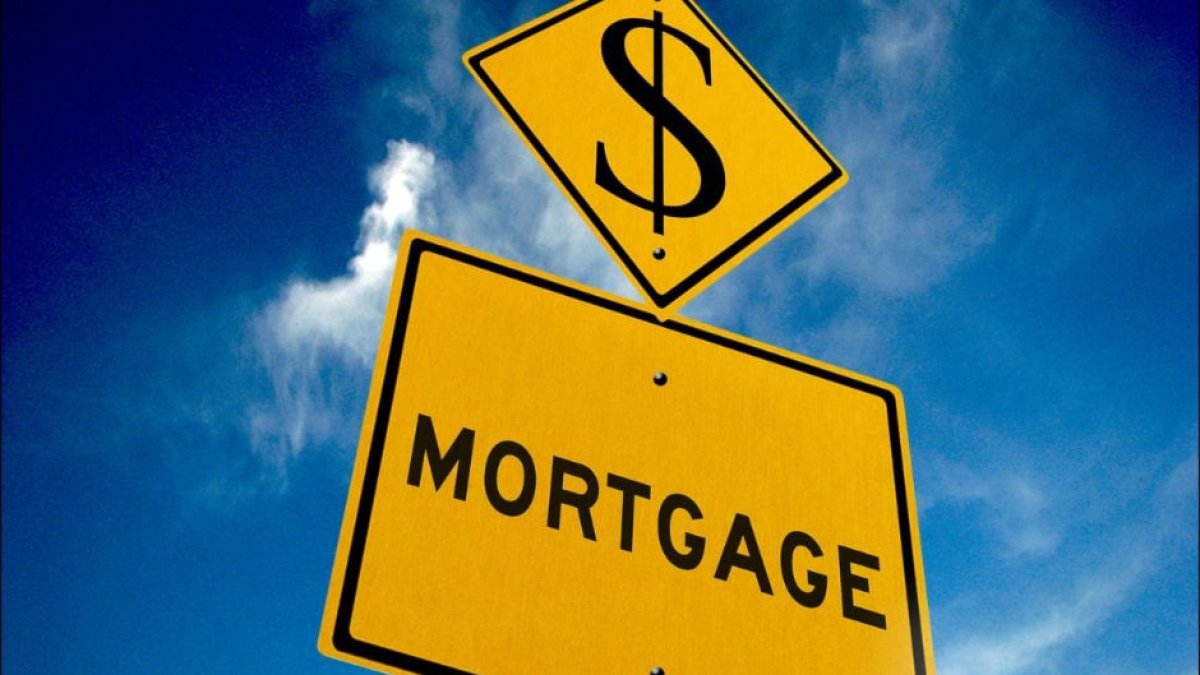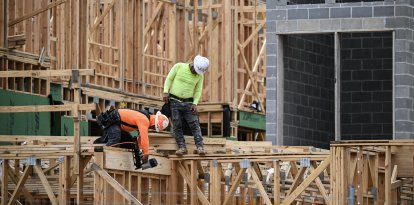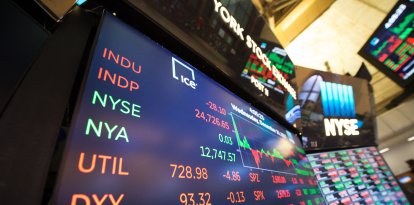Interest rates on 30-year mortgages reach highest level in more than two decades
The average interest rate for these mortgage loans increased to 7.49%, the highest figure since December 2000.

(Flickr)
In a fourth consecutive week of increase, the average rate for 30-year mortgage loans rose to the highest level in 23 years. Currently, the interest rate for these mortgages is up to 7.49%, the highest figure since December 2000 (7.57%), according to Freddie Mac.
Mortgage rates are rising at a record pace. Last year, the interest rate for financing a home with a 30-year mortgage was around 6.66%. Two years ago, it was only 2.99%
Costs for 15-year fixed-rate mortgages also rose to 6.78% from 6.72% a week ago. The increase is greater when comparing the price with that of a year ago, when it was at an average of 5.90%. Freddie Mac Chief Economist Sam Khater stated:
Mortgage Rates Continue to Surge by Veronica Silveri on Scribd
Steady rate hikes have resulted in mortgage loan applications plummeting to their lowest level since 1996, according to the Mortgage Bankers Association.
High rates and low housing inventory
A report from real estate services company ATTOM revealed that "the typical cost of $2,053 in mortgage payments, home insurance, mortgage insurance and property taxes nationwide exceeds $2,000 for the first time in the history" of the country.
ATTOM estimated that "annual salaries of more than $75,000 are needed to pay the significant costs of the median-priced home purchased during the third quarter of 2023." This situation is reflected in a report from the National Association of Home Builders (NAHB). According to the study, "the Purchase Index fell to its lowest level in 28 years as potential buyers remain on the sidelines due to low housing inventory and high mortgage rates."
According to Rob Barber, CEO of ATTOM:

























